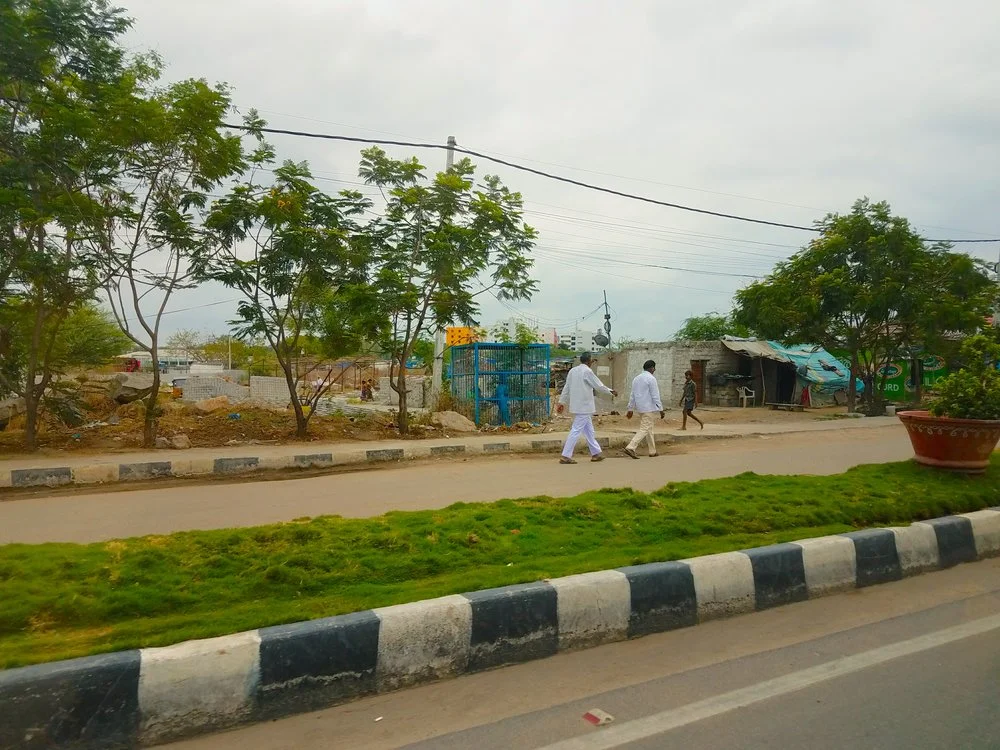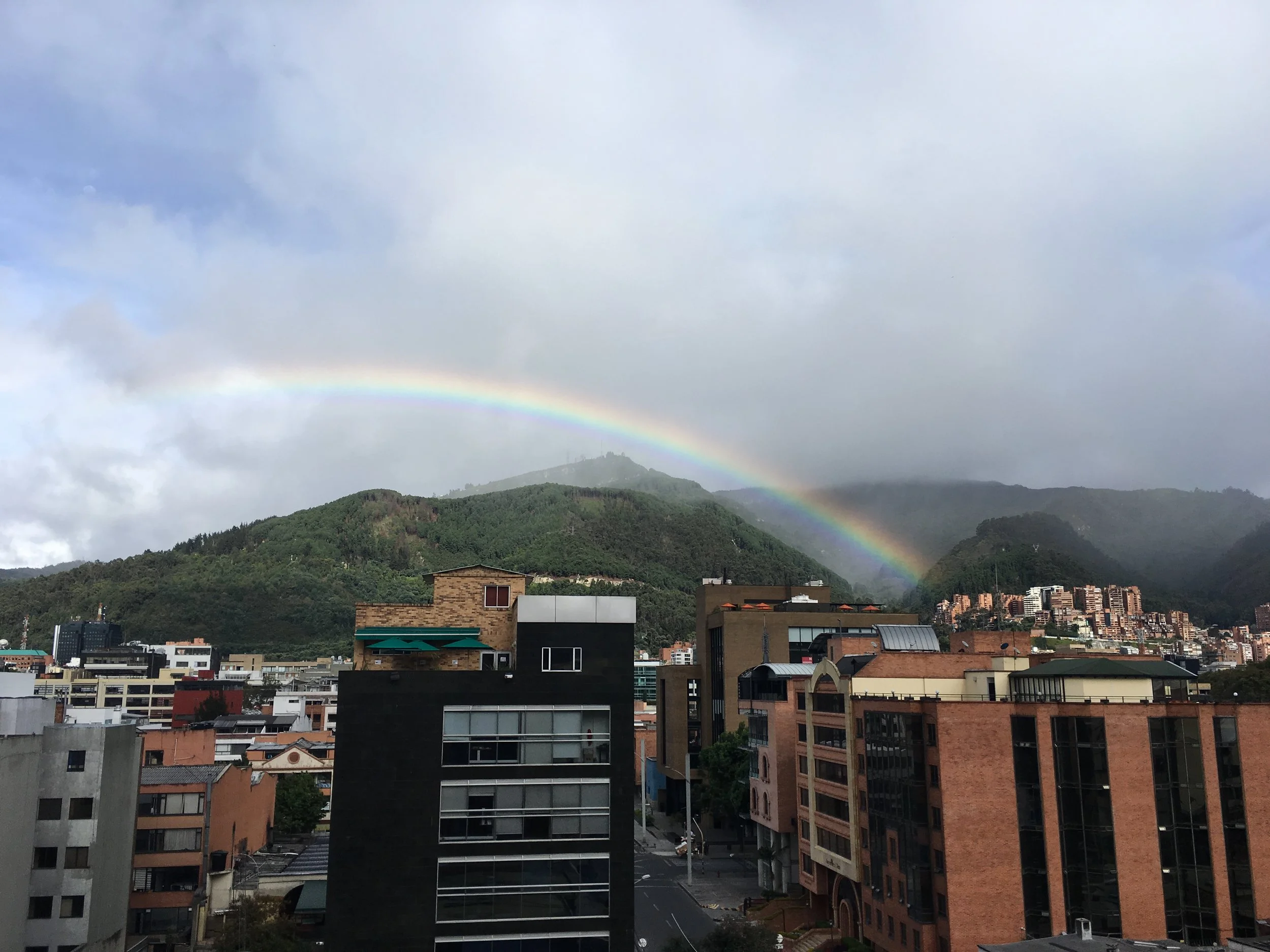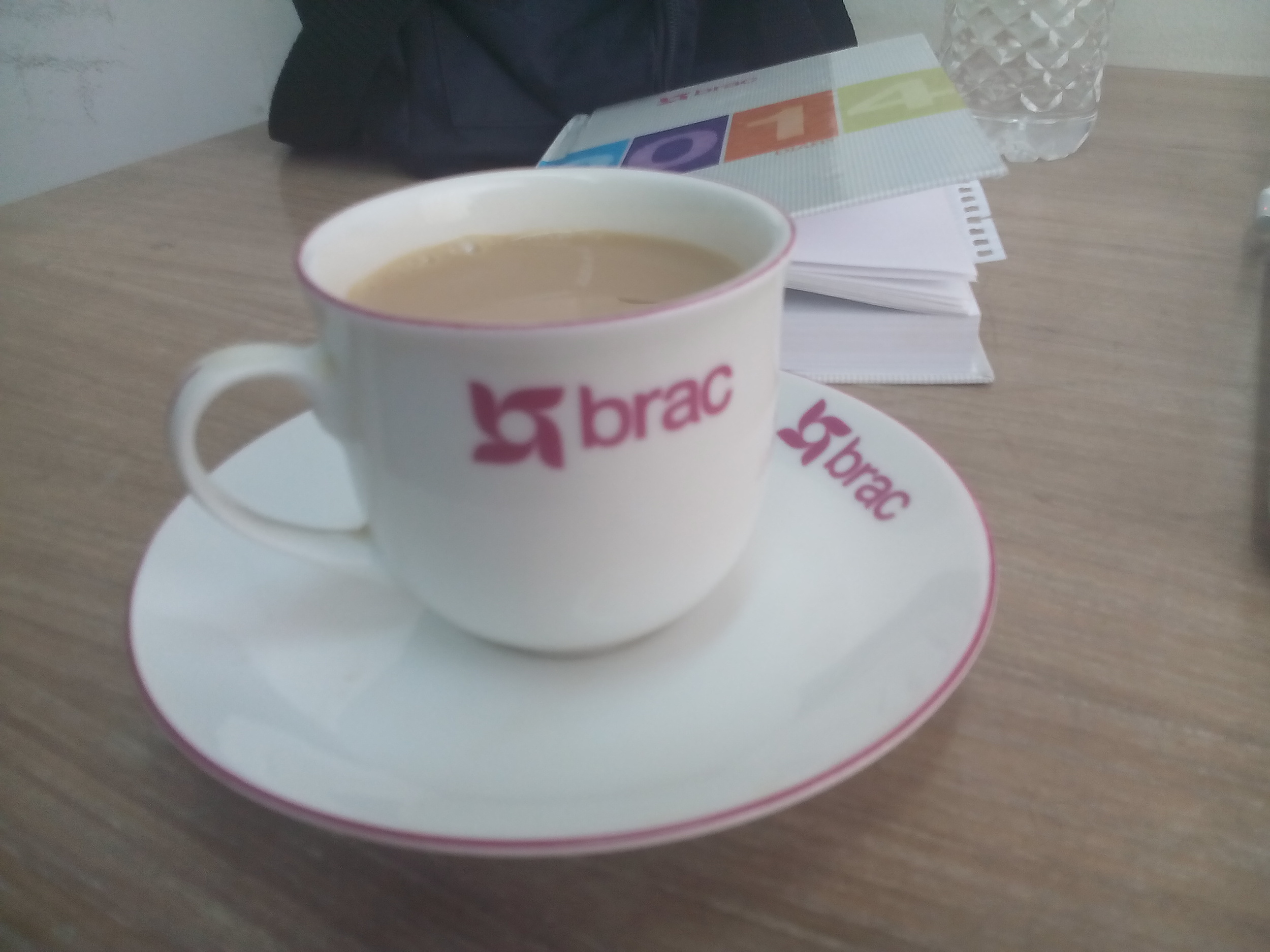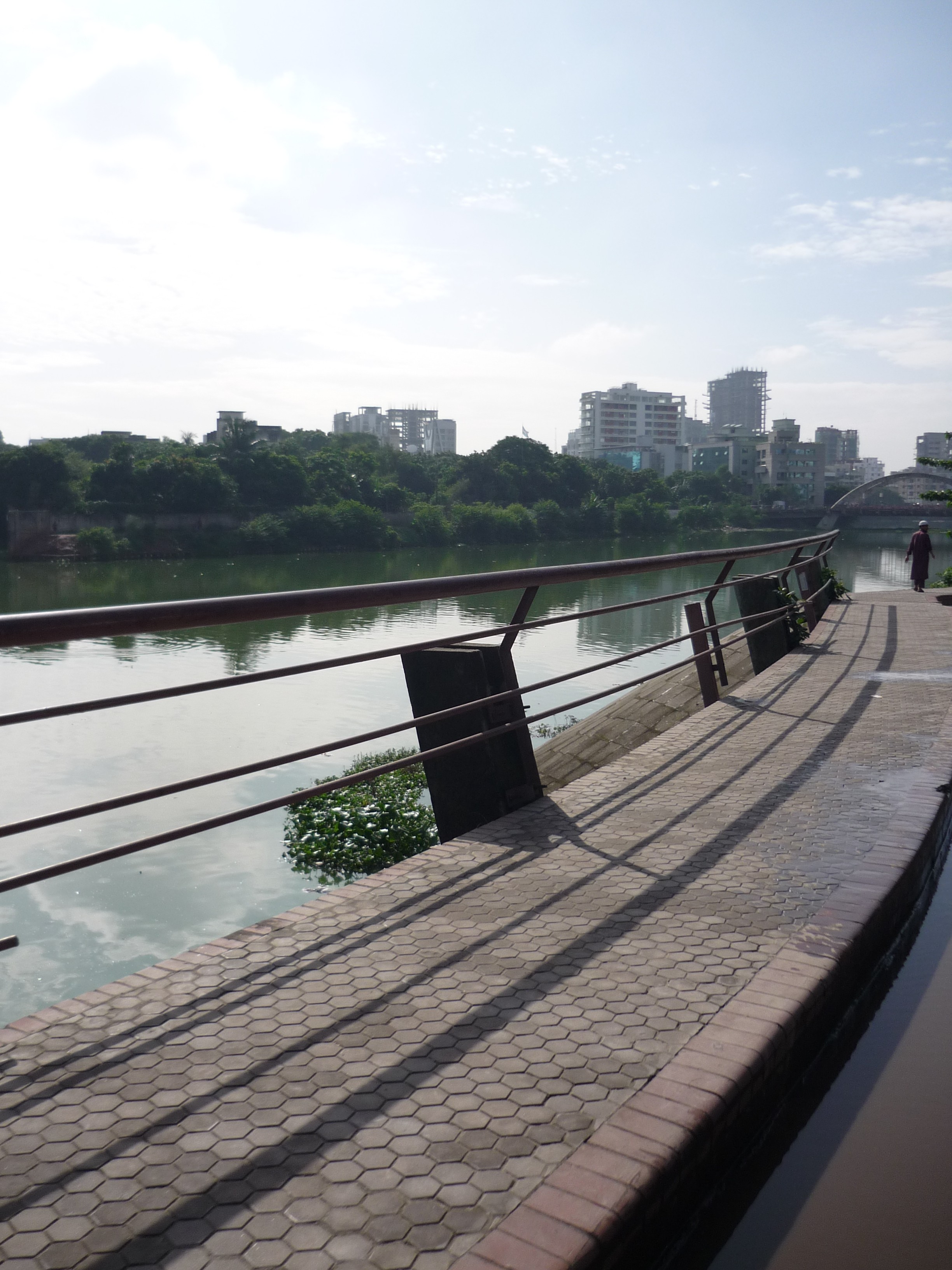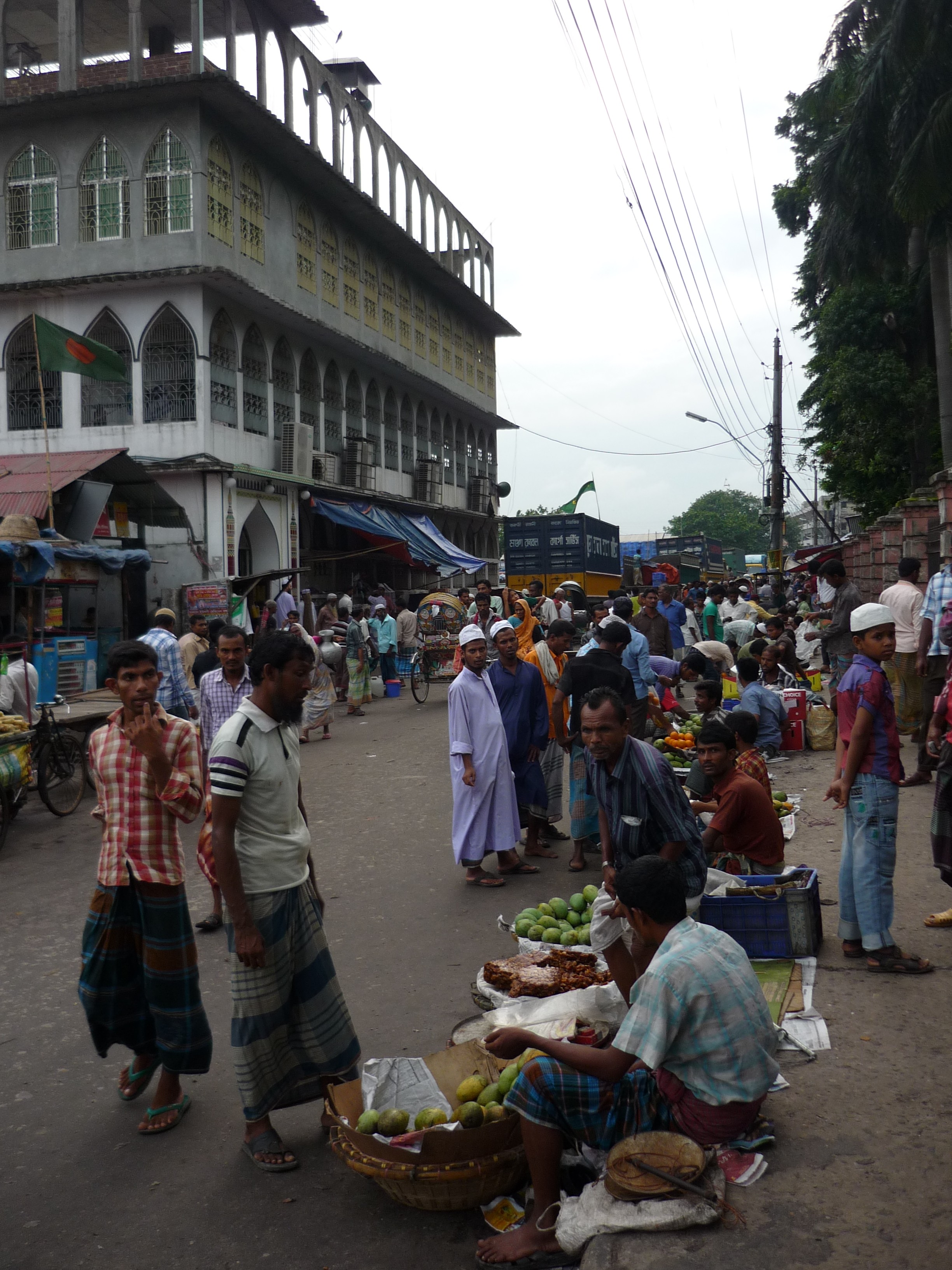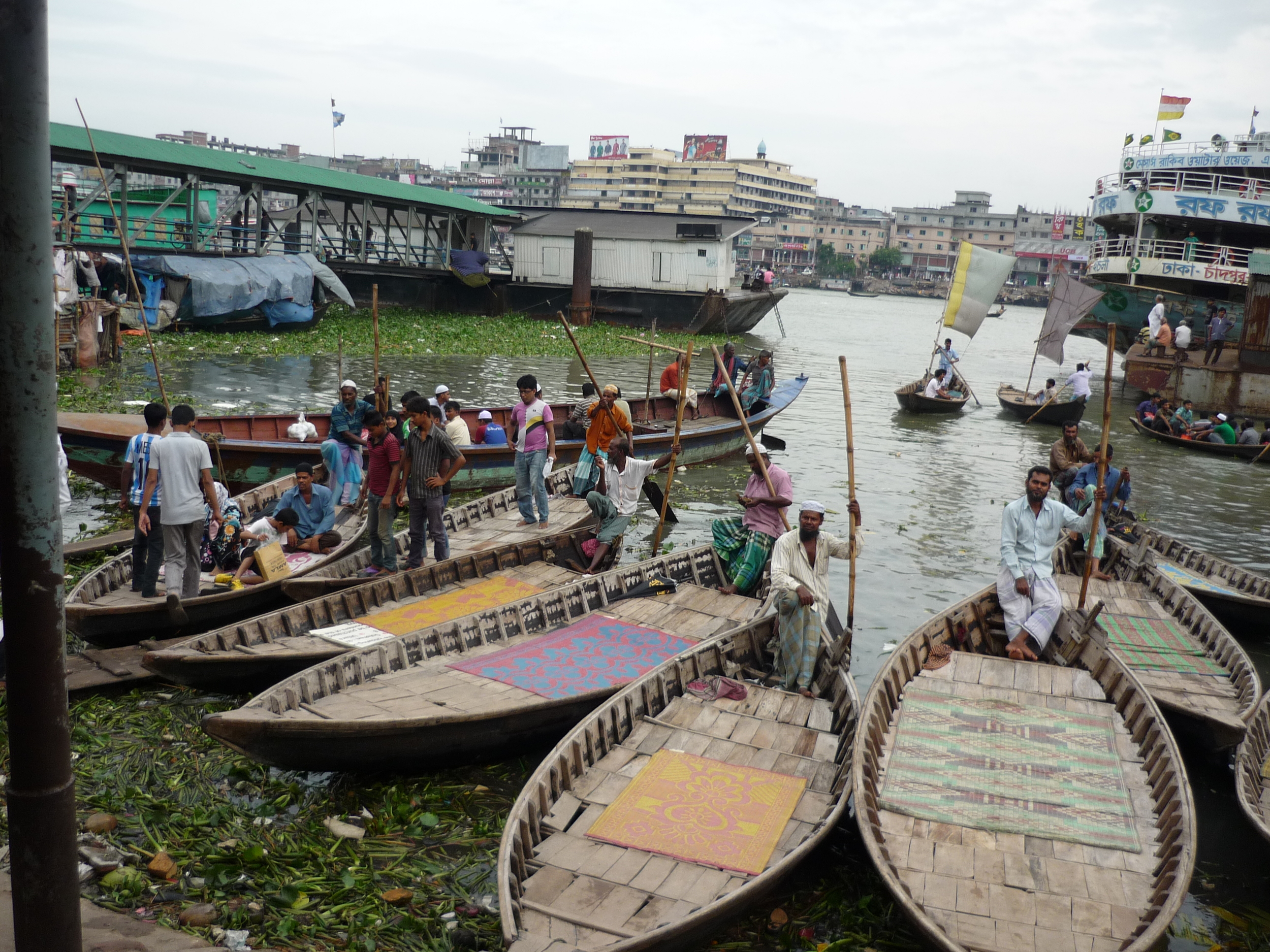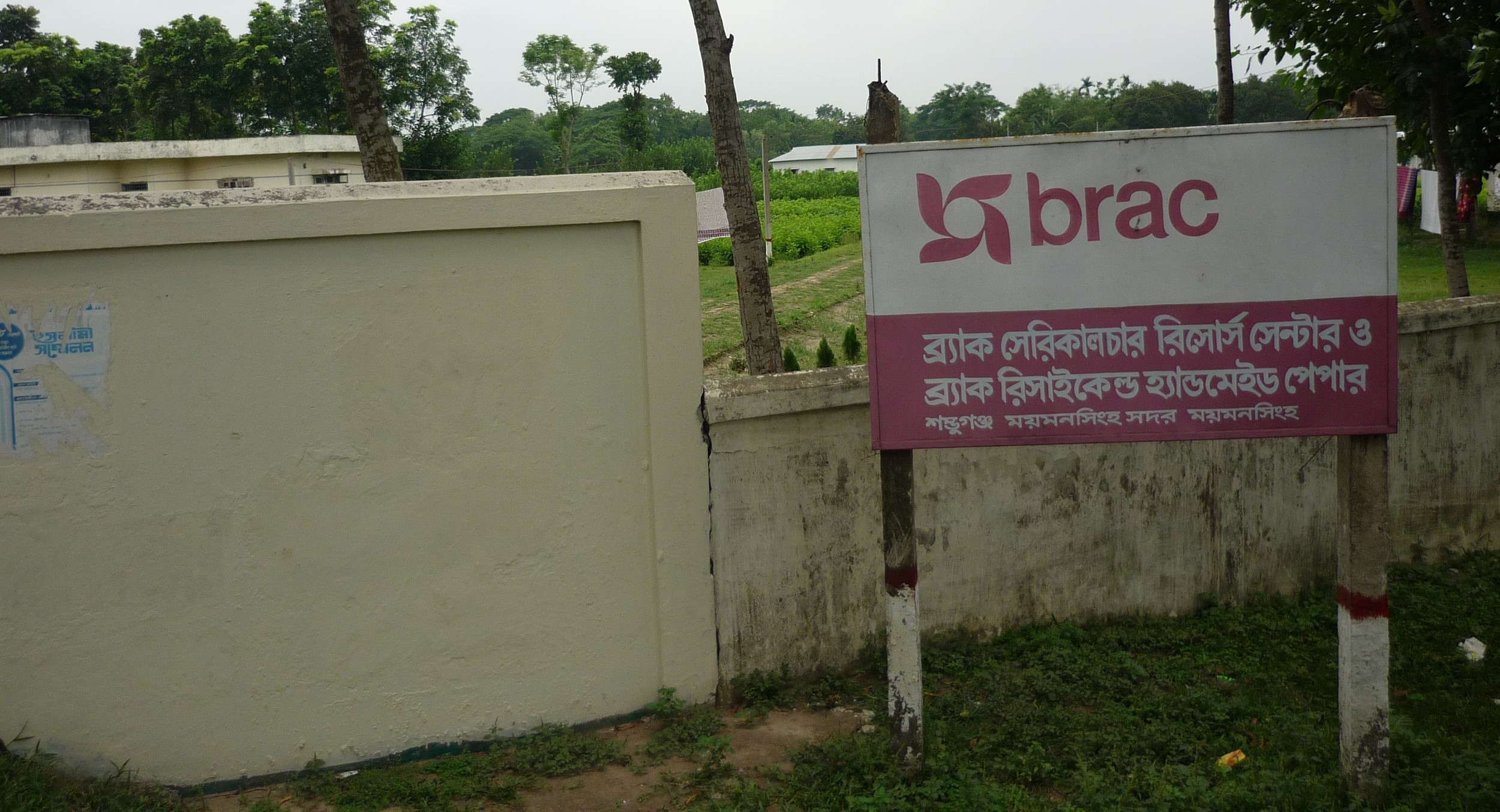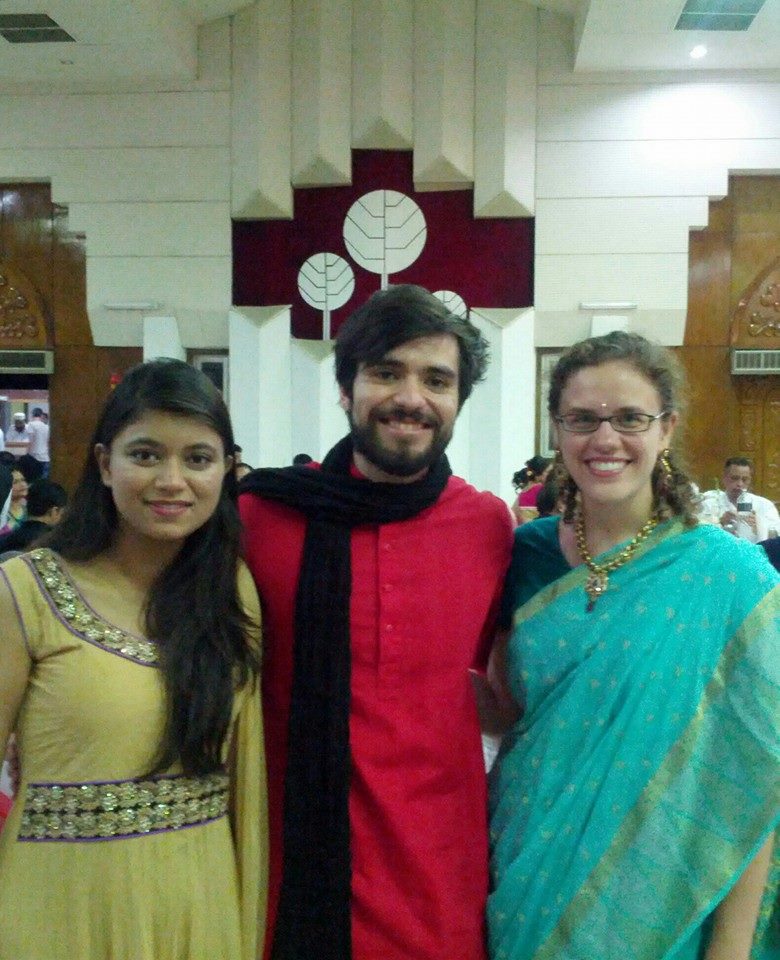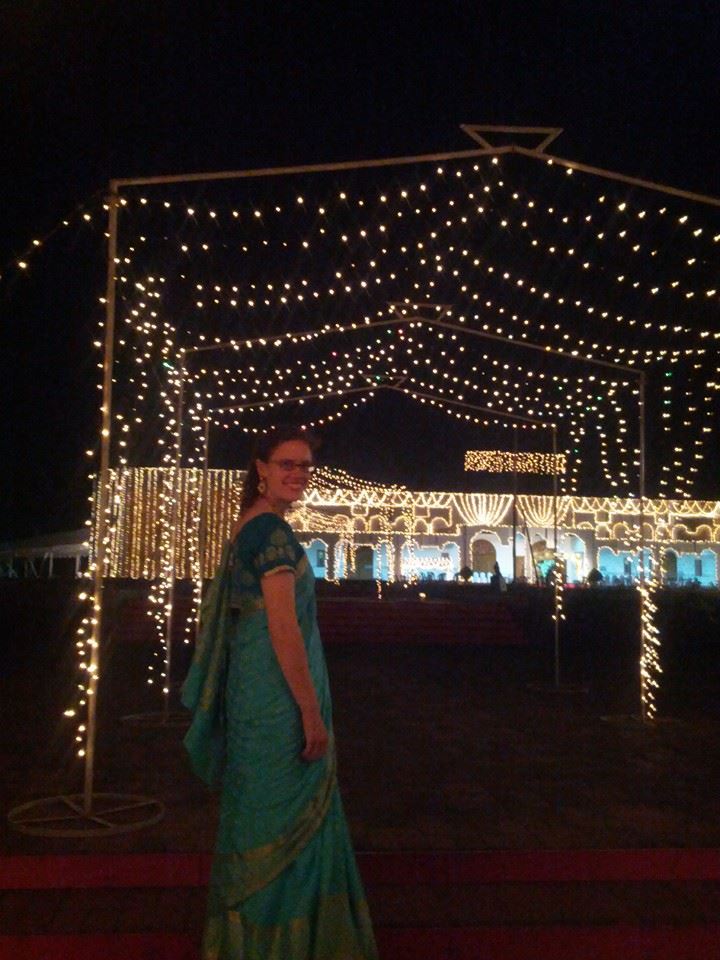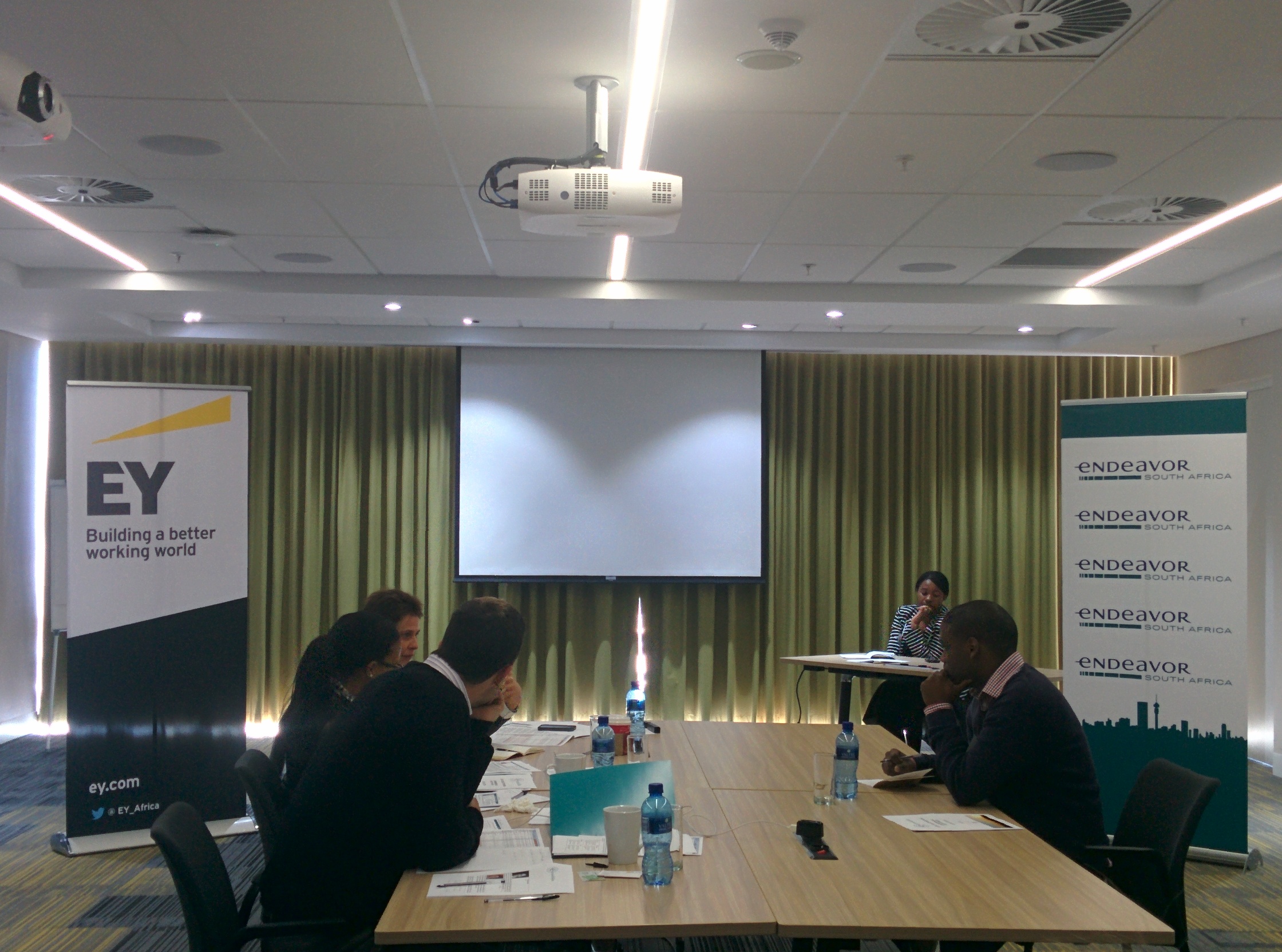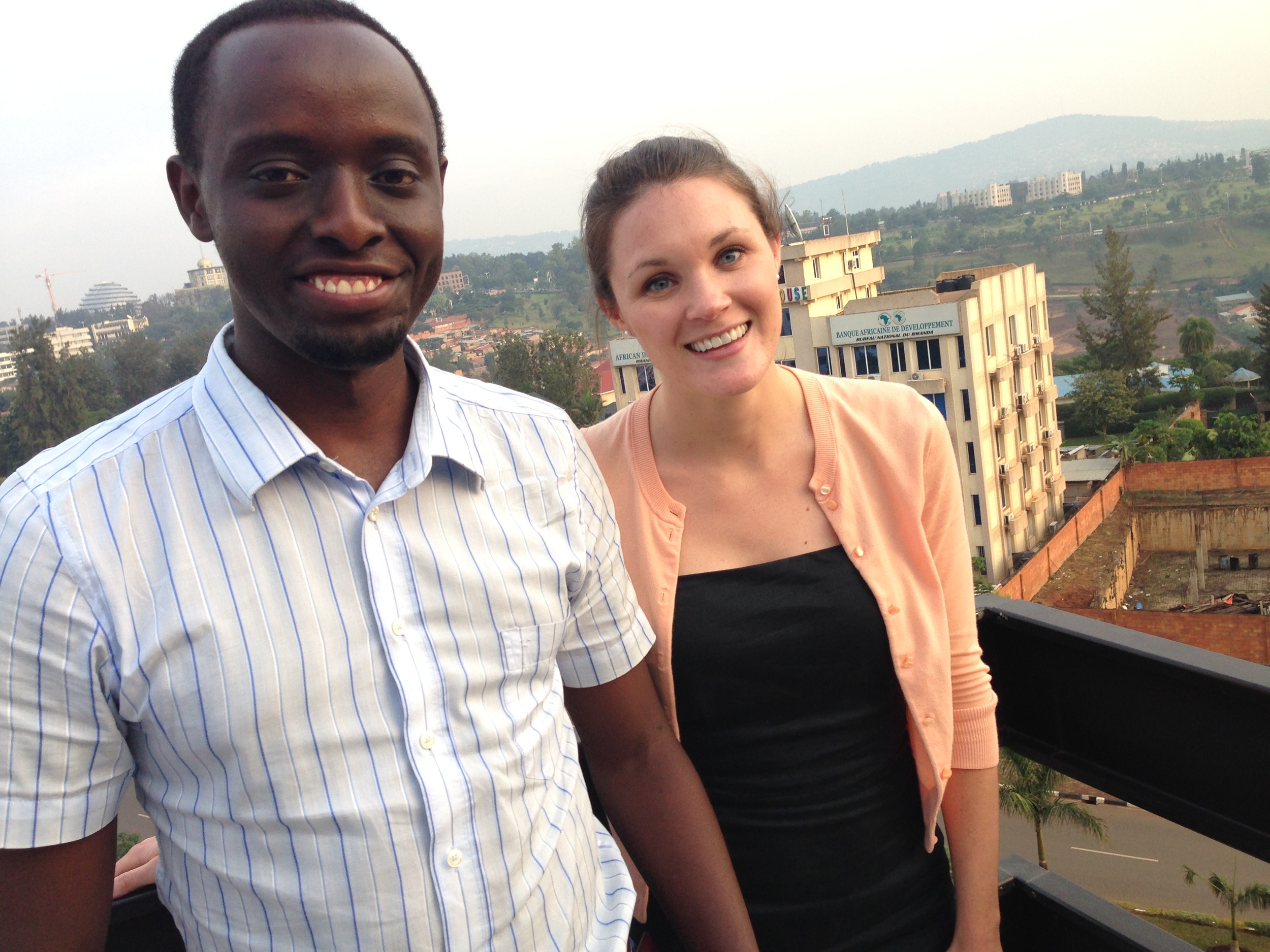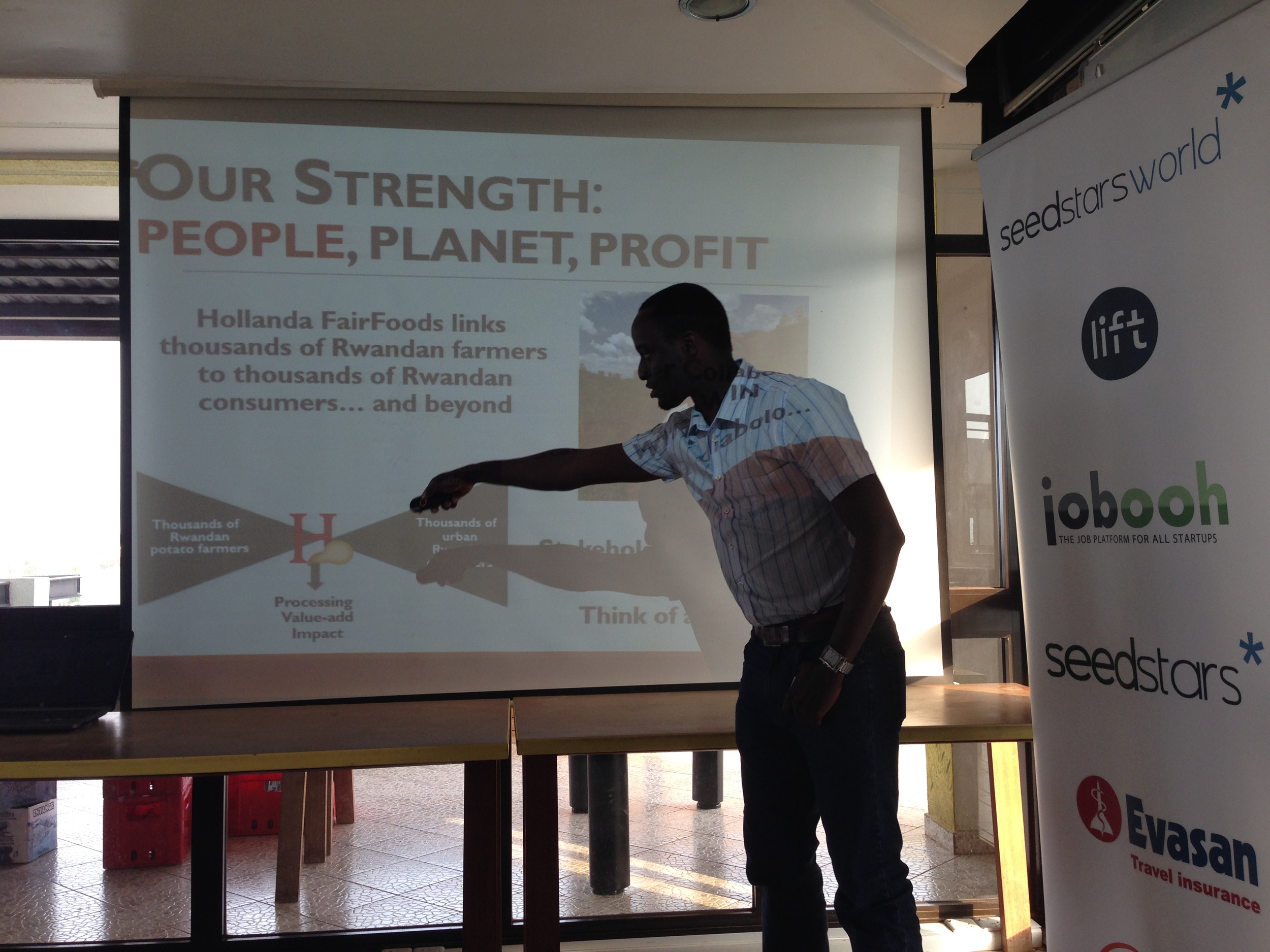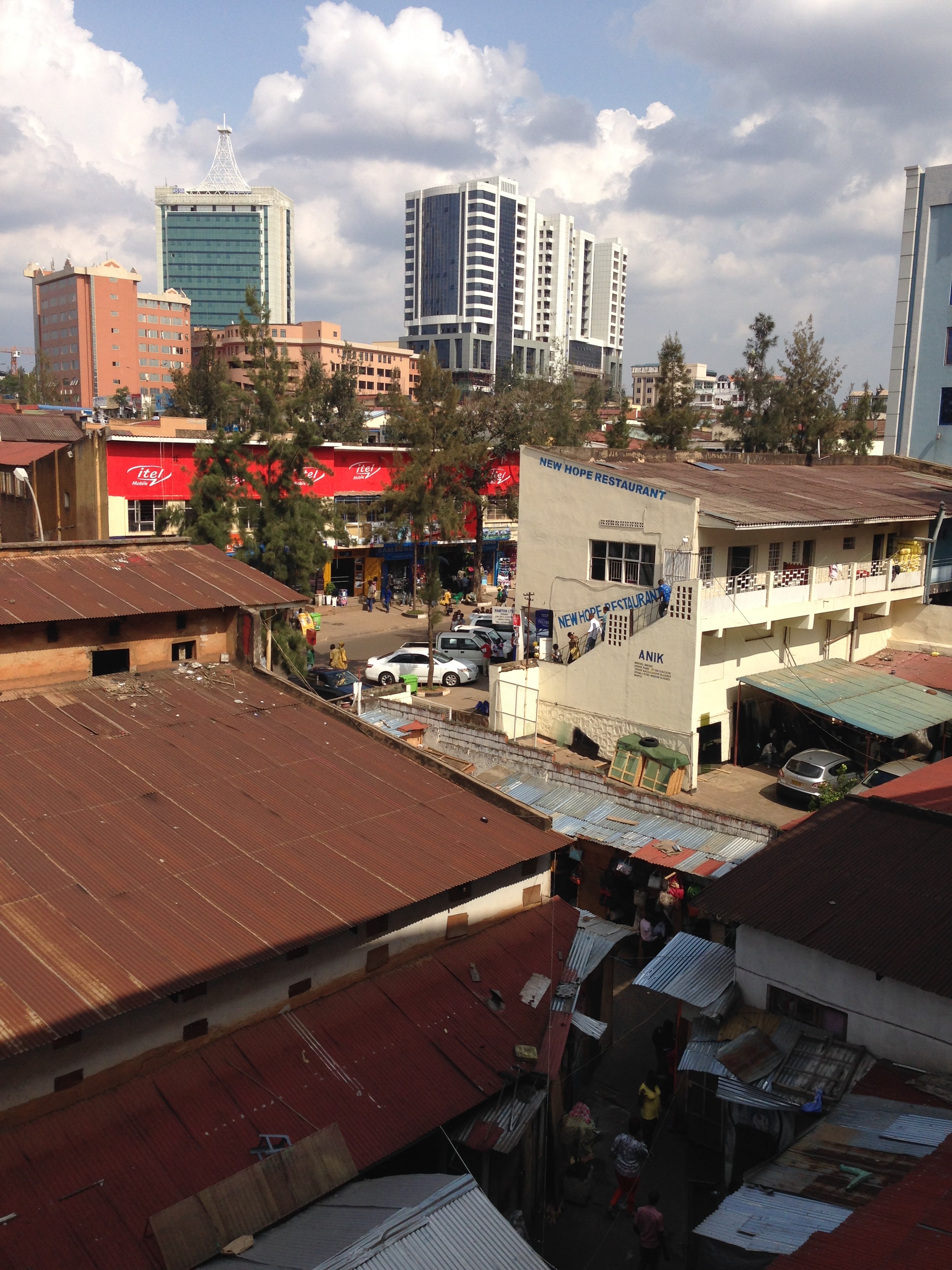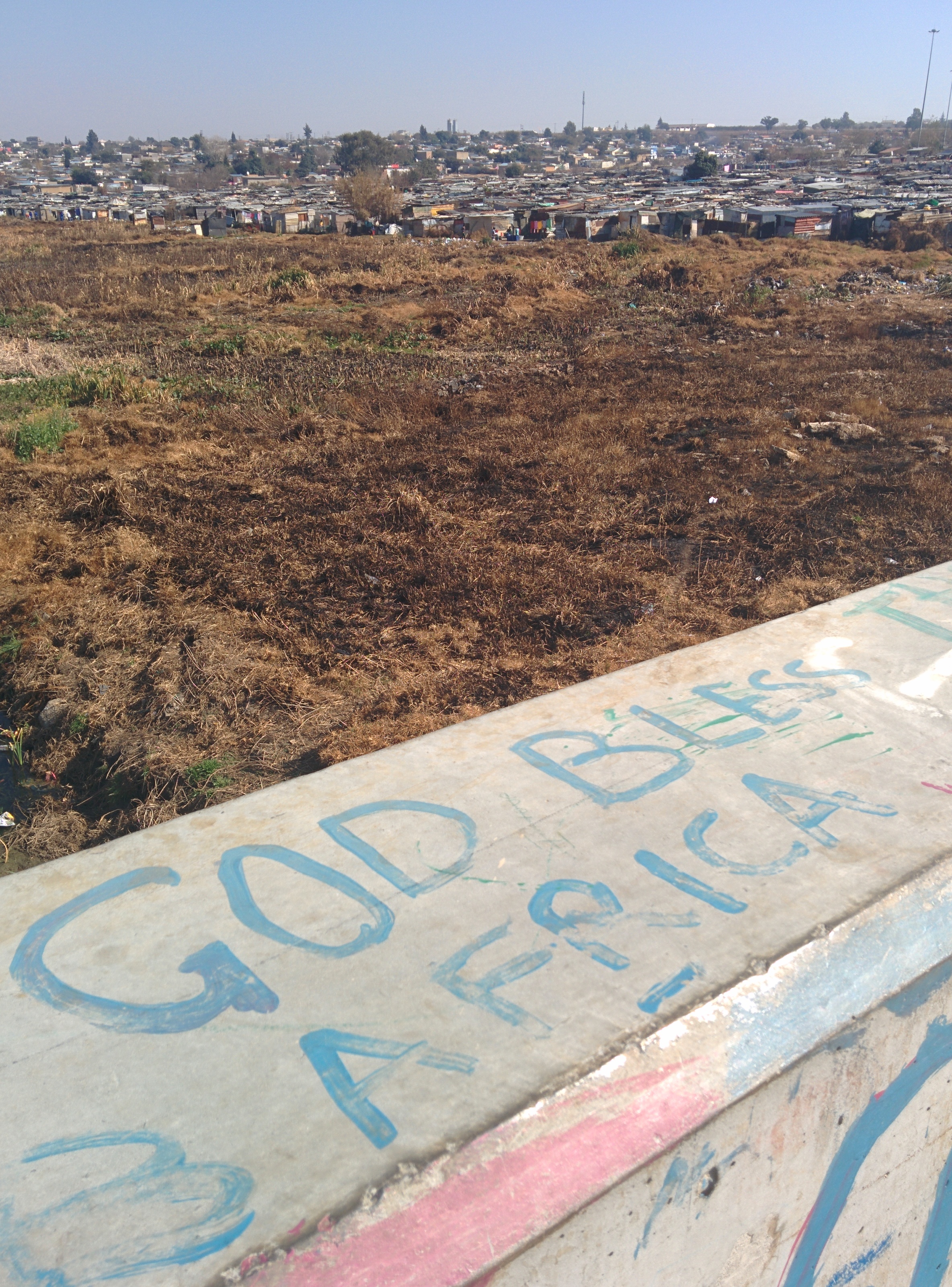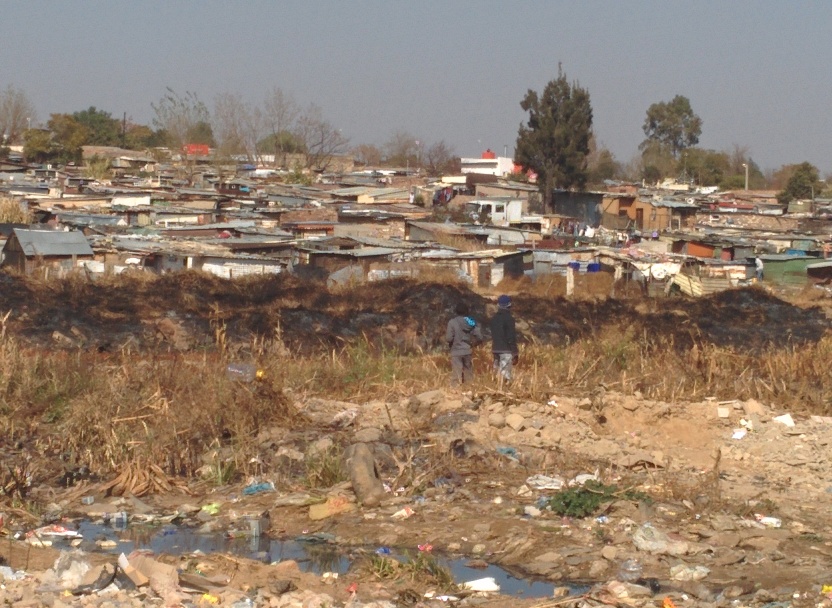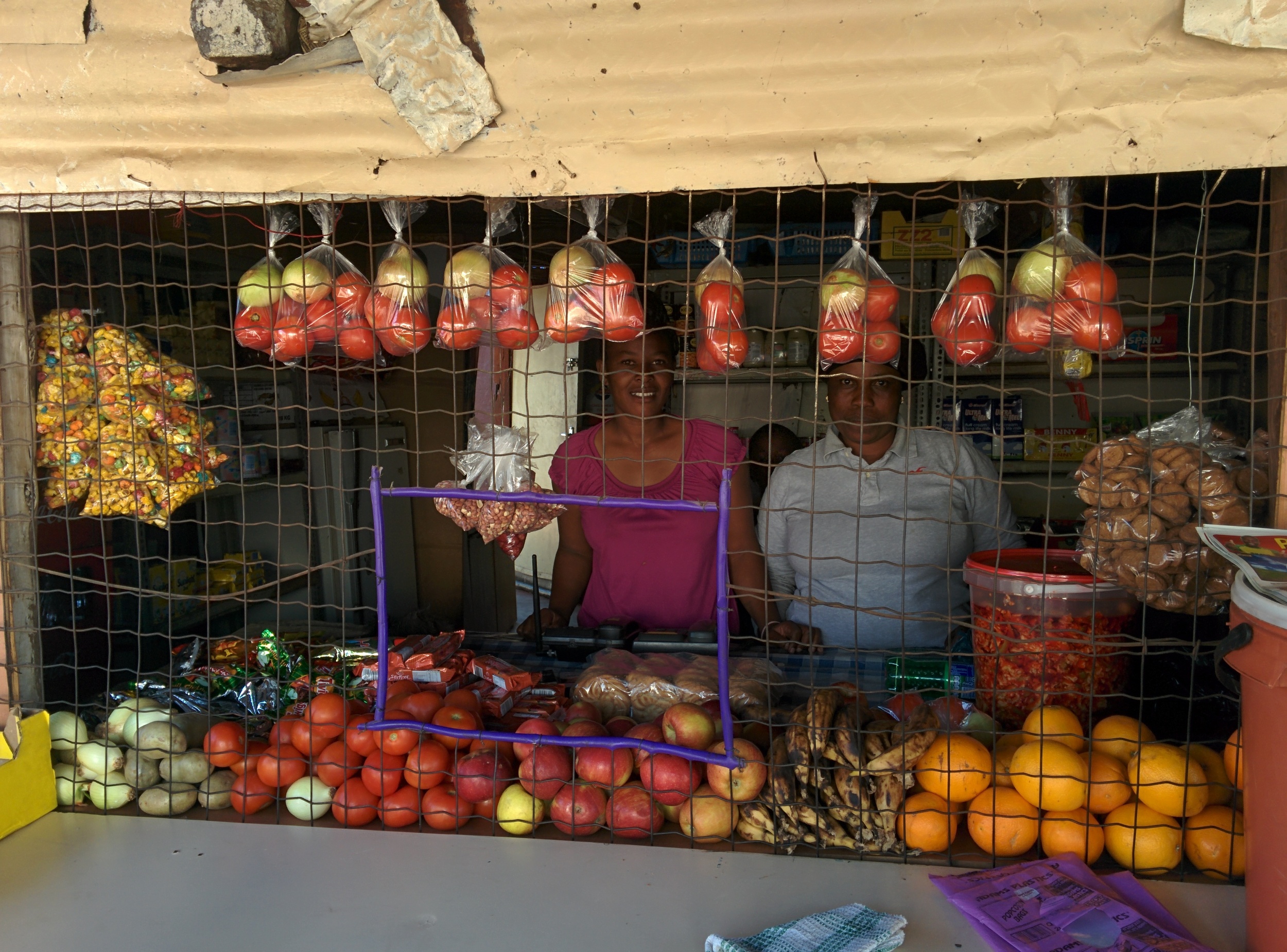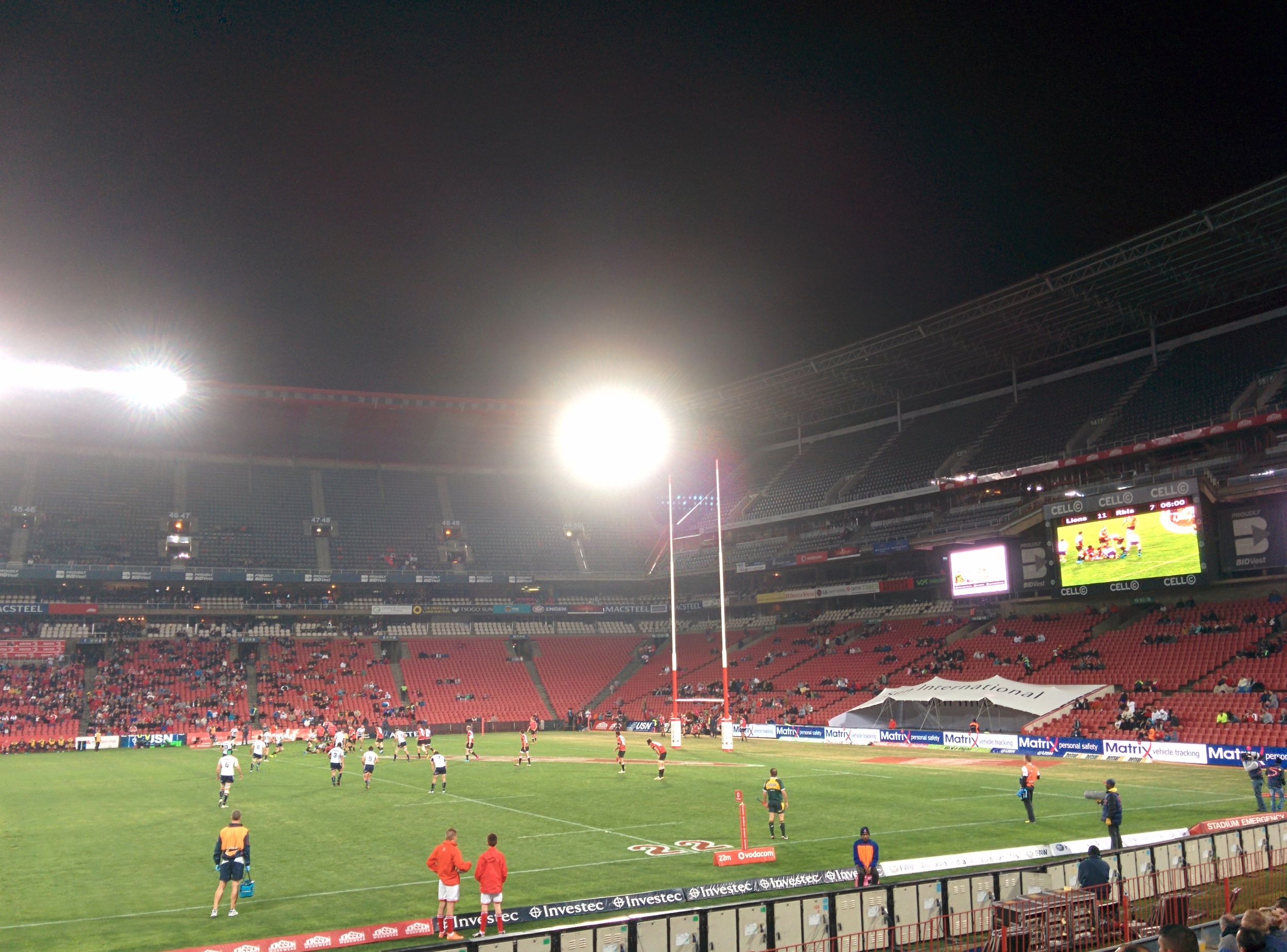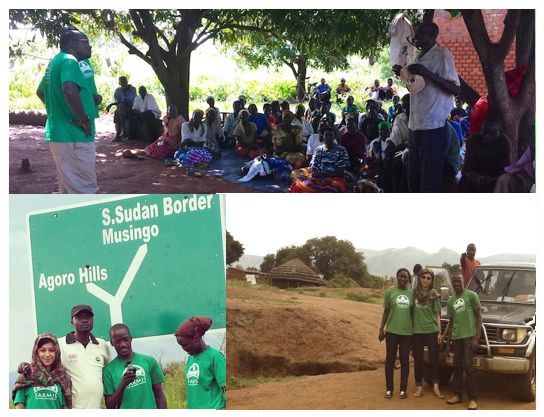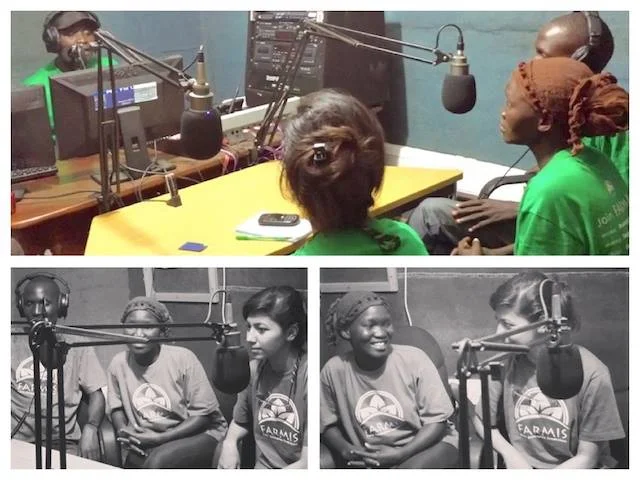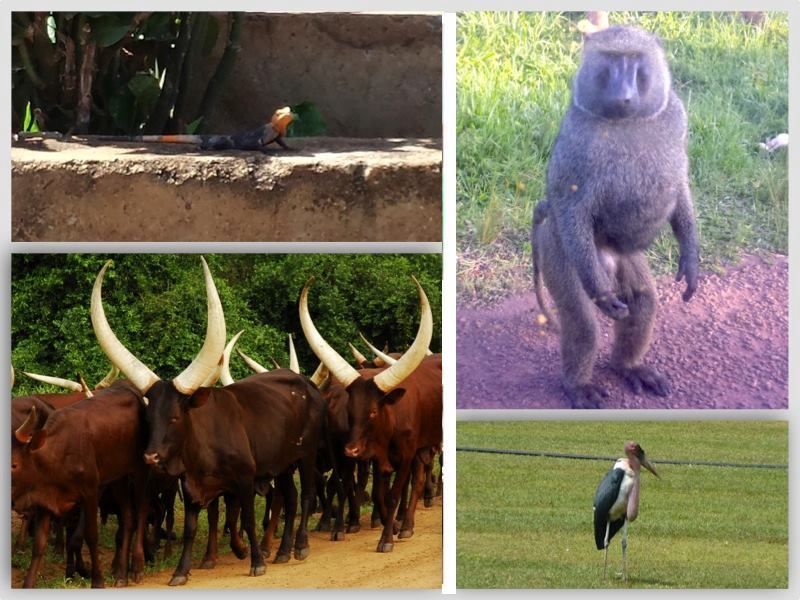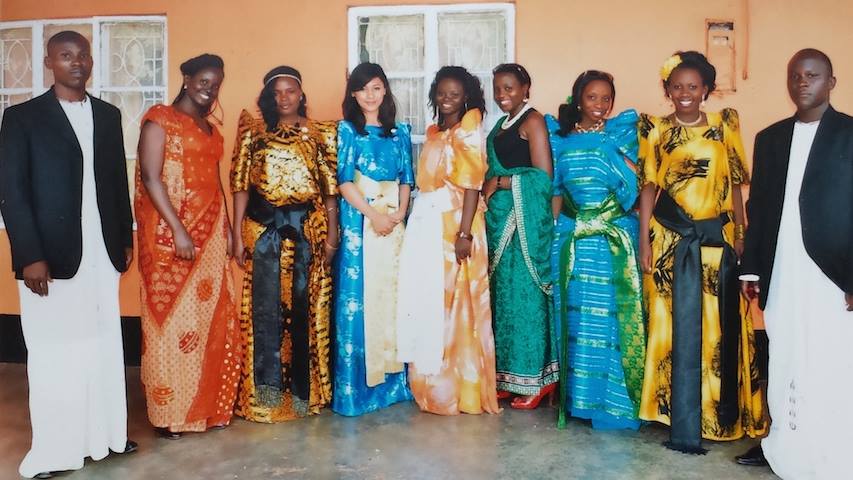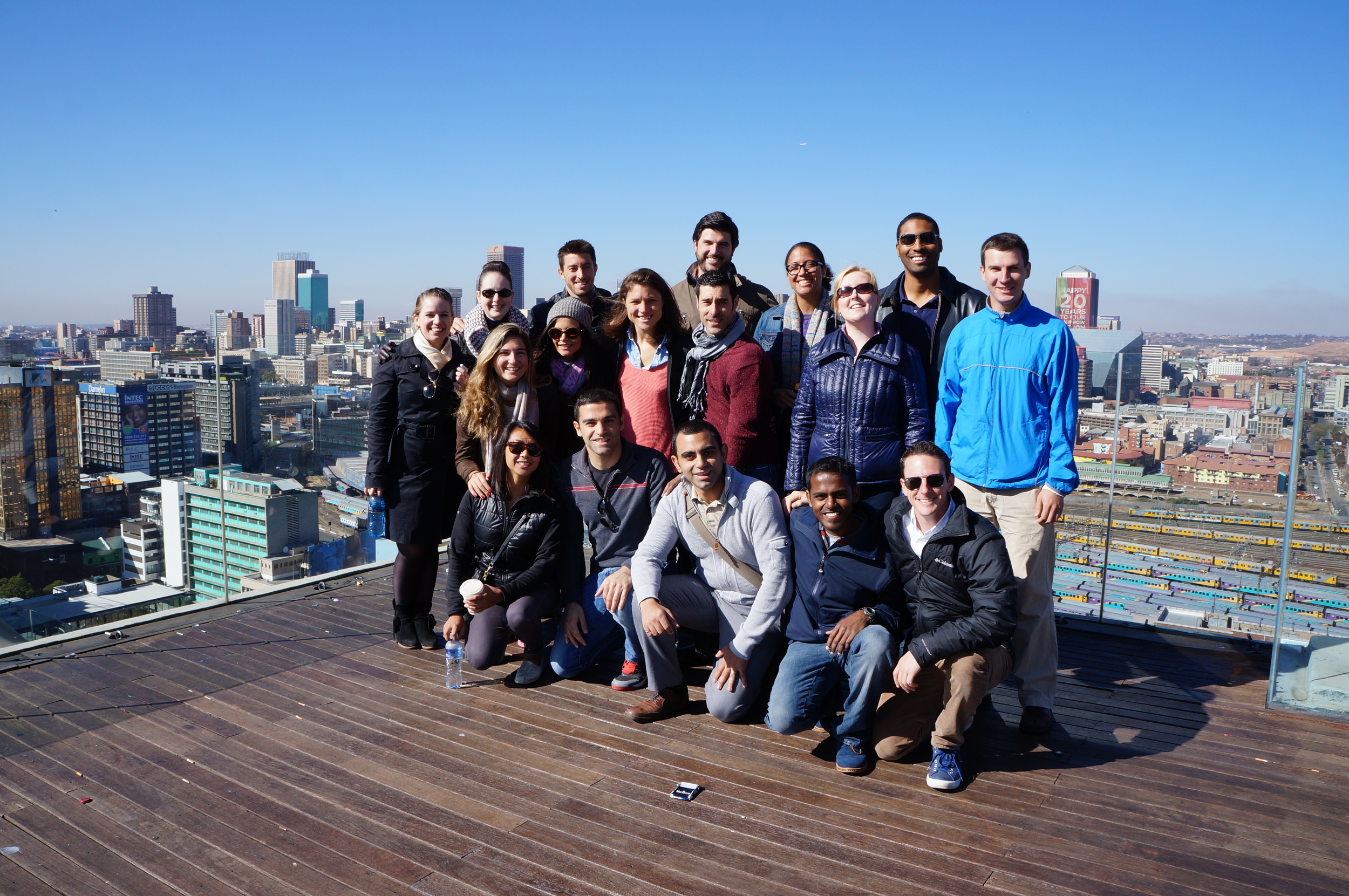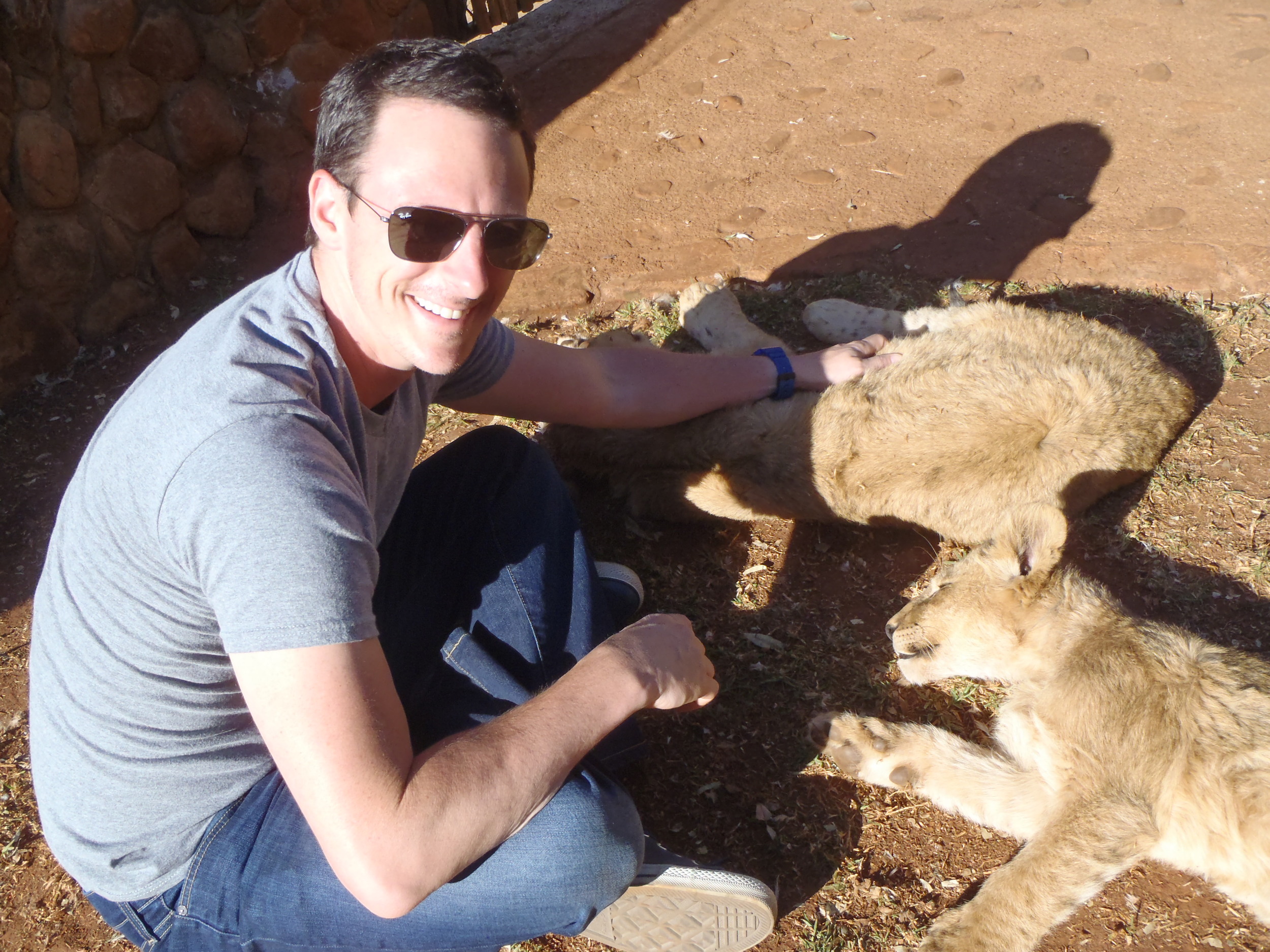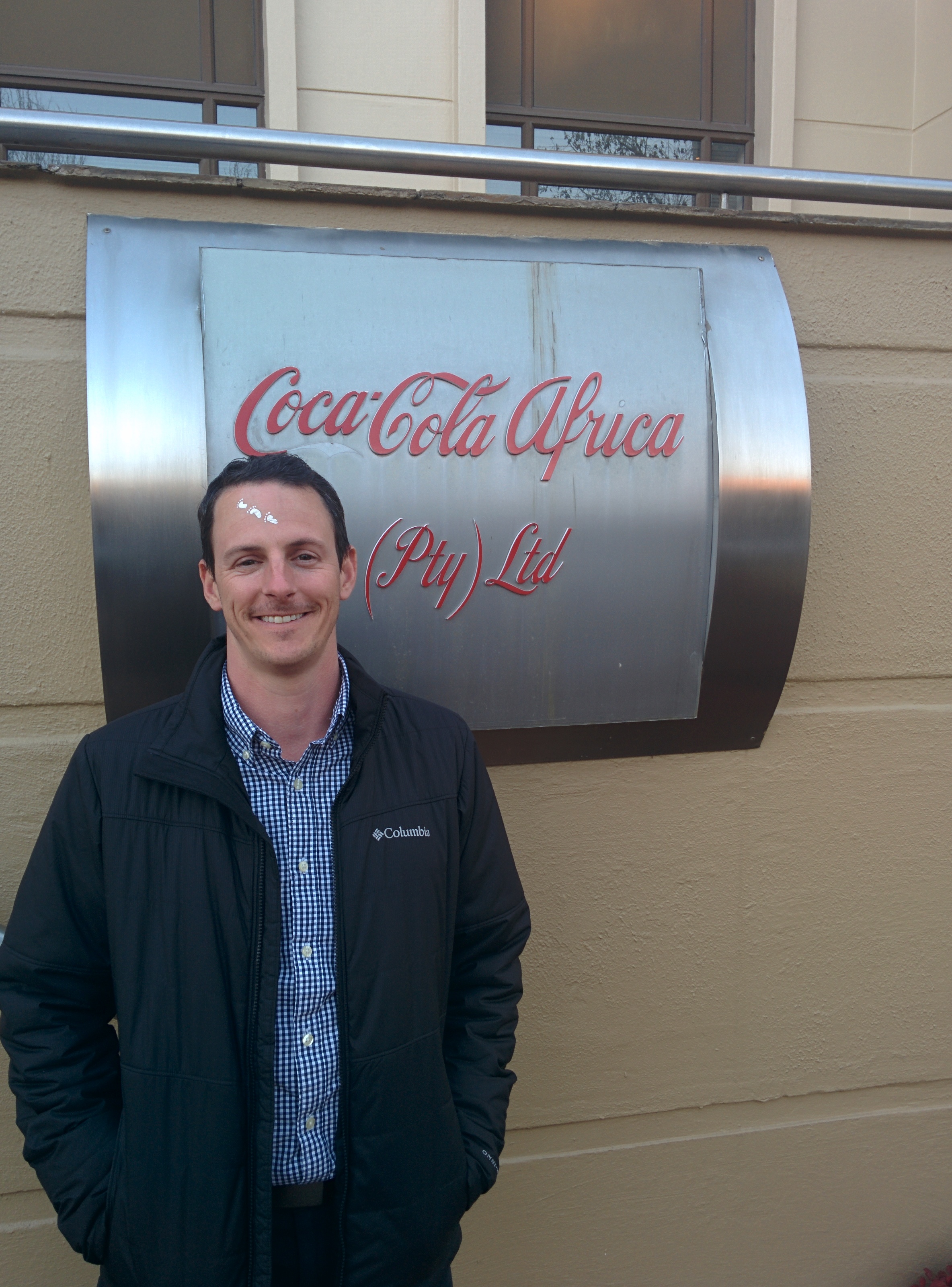Hello again from Anisha in Nairobi!
In this post, I want to give you a descriptive feel of Kibera, Nairobi's slums.
I have visited Kibera twice in the last ten days, the first time for a tour and the second time to conduct interviews. This post is about my first visit. Kibera rivals Dharavi - Mumbai's slums that I am familiar with - in every possible way: entrepreneurial energy, poor living conditions, environmental pollution and a sparse cheerfulness that defies logic but is not uncommon among people who live on little.
I was escorted by Abasi (fictional name; I picked the first one I saw on a Kenyan baby names’ page), the young 26-year old leader of a Kibera community non-profit that makes money for its members through recycled products. There are two Kiberas in Nairobi city, and seven villages inside them. They are divided by “trees and rivers,” as Abasi said. The rivers are genuinely small drains, and nothing more. The trees - only years of living in Kibera can turn them into landmarks. A railway track separates the posh neighborhoods of Kilimani and Kileleshwa and a golf course from Kibera. This railway line goes all the way into Uganda, and was built during colonial times (in 1899). Even today, trains pass through every four hours, I am told, carrying passengers into the neighboring country.
Abasi and I walk and talk, and I wonder if I should be taking pictures to document photographic evidence for my research. Seems wrong. Our first stop is a garbage separation point where some of Abasi’s employees are busy at work. In a nearby hut, Abasi shows me a few paintings members of his organization have made using recycled materials. He explains that 50% of money they make on each painting goes towards operational costs – marketing, selling, buying ‘raw materials’ (that’s waste basically) – and the other 50% goes to the skilled individual (artisan / artist / designer-tailor / handicrafts man) who creates the final product. This is too good to be true, but seems to work.
A little more about Abasi at this point. Abasi is from Kibera. His parents hail from the western part of the country. They moved to Kibera in the 60s, after Kenya gained its independence in 1963. Around this time, Nairobi held the new promise of many lucrative jobs and saw droves of people immigrating from villages. Kibera was one of the cheapest parts of the city to find housing. Abasi was born and brought up in a Kibera house where he lived with his seven siblings and parents. He lives in Kibera today too, but now with just one brother and parents as the rest of his siblings are married and have their own families. Abasi’s folks belong to the Luhya tribe, which forms the majority in Kibera. Interestingly, Luhya is not the largest tribe in Nairobi – that’s Gikuyu (pronounced Kikuyu), the one that my taxi driver belongs to. According to Abasi, Luhyas are gradually taking over from Gikuyus all across Nairobi as they are having more babies. I don’t know how much of this to go by, as a lot of tribe-related information I get is conflicting and I can’t find a reliable resource online either.
Abasi completed his undergraduate education in community work at a local private university on a scholarship. This voluntary initiative takes up 40% of his time. He spends the remaining 60% on odd jobs that provide for him. He wants to open up a recycling plant in Kibera soon. It requires significant capital, around USD 10,000, and is therefore not a foreseeable reality. So, Abasi would rather do a master’s in development studies in Nairobi or outside the country on a scholarship for now. I ask him, what do you want to do ten years from now. He says, definitely work with people in Kibera to improve incomes. I ask if he thinks the slums will still exist ten years from now, and he’s pretty confident that they will be around. Like a dog with its tail firmly between its legs, I walk into the heart of Kibera with Abasi.
I decide to be brazen enough to get my phone camera out and capture some of what I see. I am taking pictures mostly of green-painted M-pesa agent shops and “Lipa na m-pesa” (Pay with M-pesa) stickers on shop windows. The one time I venture to take a picture of a door with Kenyan graffiti on it, I get my wrist wrung by a butcher. I am taken aback and tell him that I am not taking a picture of him. Abasi intermediates for me. The man refuses to let go and wants to look at the picture on my phone. Even after I show it to him and proceed to delete it, he is not convinced. Abasi tells me it is because he is frightened. A lot of people are superstitious and believe that a photograph can steal their souls. Ah! I should have thought about that. Happens, or used to happen, in India too. Abasi talks some more in Swahili to reassure the butcher, and finally we walk again.
A number of girls on the way say “Sasa!” (hi!) to Abasi and stop him to chat. He is quite the popular man. He tells me that many of them would like to say hello to me, “in a good-natured way only”, but he is telling them to not pester me. This partiality in treatment, even if meant just as courtesy for a guest, makes me wonder who actually creates the divide – the outsiders or the slum-dwellers.
We cross the railway track. On both sides of it, are –smiths of all kinds. The track is on an elevated level, and you can see all of Kibera from this vantage point. There are discolored corrugated tin roofs looking up at us from everywhere. At one far end, painted in big block white letters on one of the biggest roofs is ‘Kibera Health Clinic’. This was built by some Scandinavians. We are going to walk in a loop now, descending from one end into the ‘valley’ and coming back up from another to the track.
As we walk, I see many shops – rice, sorghum, maize, small mom and pop stores with everything, bananas, wood, and even a kiosk which sells USB drives. Of course, there are as many green M-pesa agents’ shops as there are Starbucks cafes in any self-respecting developed city. One every 20 feet literally. It is not surprising because you can pay using M-pesa at the smallest of shops. However, not every shopkeeper has an M-pesa till number. This is a code that they need to buy with a small amount of payment every day to Safaricom so that customers can pay them with M-pesa. When the customer enters the code and an amount on her phone, that money is deducted from her M-pesa balance and credited to the shopkeeper’s M-pesa account. If the till number is not renewed daily, the shopkeeper cannot transact with M-pesa. This is something I need to come back and probe, to see if M-pesa is actually used for trading goods and services, beyond remittance-like transfers. I am thinking of interviewing about 20 Kibera consumers (ordinary people) and micro-entrepreneurs (tailors, locksmiths, ironsmiths, plumbers etc.) and 20 M-pesa agents, but need to think through the robustness of such a research plan.
M-pesa agents fascinate me. I don’t yet properly understand their role in this economy driven by mobile money. Here’s what I got out of speaking with one of them in Kibera. The way the system works is that the M-pesa agent first deposits liquid cash with Safaricom, which then credits his mobile phone with the same amount of M-pesa. Let’s say he deposits 1,000 units with Safaricom. Now, say you go up to the agent, and deposit 100 units of cash for 100 units of M-pesa on your mobile phone. Safaricom debits 100 units of M-pesa from the agent’s account and credits it to your account, and your 100 units of liquid cash is pocketed by the agent in return. So, the agent works as a completely independent micro-ATM. If he expects a large number or shilling value of M-pesa transactions, he can choose to deposit a greater amount of money with Safaricom to support the demand. It all depends on how much liquidity he can forego to begin with, which begs the question – is it only for those in Kibera with deep pockets?
I ask Abasi and the M-pesa agent, how do customers choose which agent to go to? Isn’t the competition too high with so many of you within breathing distance of each other? Or, like the Starbucks model, do people go to the nearest one? Starbucks’ retail strategy pre-recession included opening up cafes on opposite sides of a street, because consumers suffer from so much inertia that they don’t like crossing streets, especially if there’s a traffic light. Abasi explains that customers find an M-pesa agent they trust and then make repeat visits to them, so relationship building with customers is very important. In all of this, I realize that Safaricom basically functions as a one-time ‘holding’ party, taking cash the first time around from the agent. After that, it is just moving M-pesa around from the agent to the customer, and so forth. Small changes in liquidity and dealings in cash are all on the agent, rendering her with a lot of power. If she ‘forecasts’ the demand accurately and has the liquidity (=supply) to match it, she can make some nice money in the form of commissions from Safaricom. Another interesting thing I found out is that Safaricom gives the agent more commission for the quantity of transactions, not the value of transactions. This strategy is something I need to understand better.
After agonizing over how M-pesa works, we walk to Abasi’s old house. Dwellings all around us are made of clay and supported with wooden sticks. Abasi points out to me communal showers on the way, which cost 10 shillings per use. Then, we go to his current house, a place built of brick and cement. I ask Abasi if he would be considered better off than most others in Kibera, and he says he would be “middle class” here. I am surprised because I have not seen too many other houses built with solid construction material. He also has a dog, as malnourished as it is, and a kennel for it. His one-room apartment is about 10 feet by 8 feet (as big as my Blakeley room, strangely enough). It smells of stale ugale and sweat, like many boys’ rooms back in undergrad, I must say. This may be due to different circumstances of course, but hey, I am just trying to lighten up the mood here.
We finish the loop, run into a few other people, and finally walk back to my house for lunch.



